WHY we need you in the Philippines
- Poverty is widespread, with 21.6% of the population in the Philippines living below the poverty line
- Malnutrition is evident, with 1 in 3 children under five having stunted growth, due to lack of a nutritional diet
- The Philippines is prone to natural disasters, which can affect farming and agriculture, one of the main sources of food for many families
- Many poor families have little education and limited access to health services
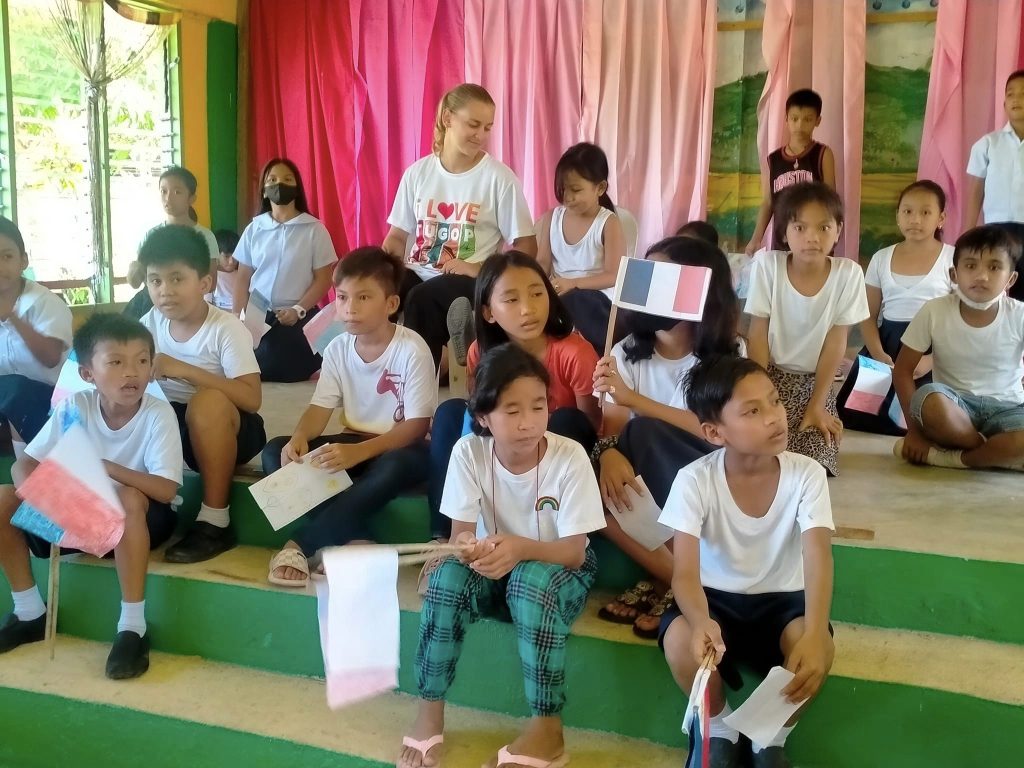
HOW can you help?
- Asssit in special needs schools which are overun with not enough teachers
- Teach English, maths, science, arts, sports and more
- Inspire the students to learn English which is important in later life
- Interact with, and work alongside the local teacher
WHAT you can do?
- Exchange knowlege with the local teachers, and help to teach them some English too!
- Bring supplies and teaching materials from home to help your lessons
- Provide support to the local teacher by helping to care for and mentor the students
- Be enthusiastic and encourage the students into future learning
Why Involvement Volunteers International?
- Non Profit Organisation & Charity
- Over 30 Years Expertise Globally
- Low Program Fees - From US$295
- Excellent Safety Record, In-Country 24/7 Support & Emergency Assistance
- 1 Application Fee - Multiple Countries
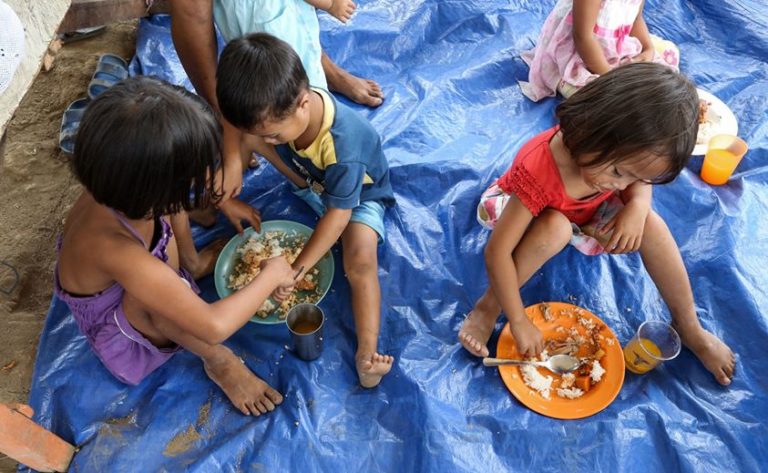
PROJECT NAME: SPECIAL NEEDS SCHOOL
LOCATION: TACLOBAN, LEYTE
START DATES: 1st WEEK SEPTEMBER – 3rd WEEK JUNE (SAT/SUN ARRIVALS)
ACCOMMODATION: HOMESTAY (PRIVATE OR TWIN SHARE)
MIN DURATION: 4 WEEKS
MIN AGE: 18+
SPECIAL REQUIREMENTS: Some experience in special needs care. Knowledge in Sign Language is important in teaching deaf children.
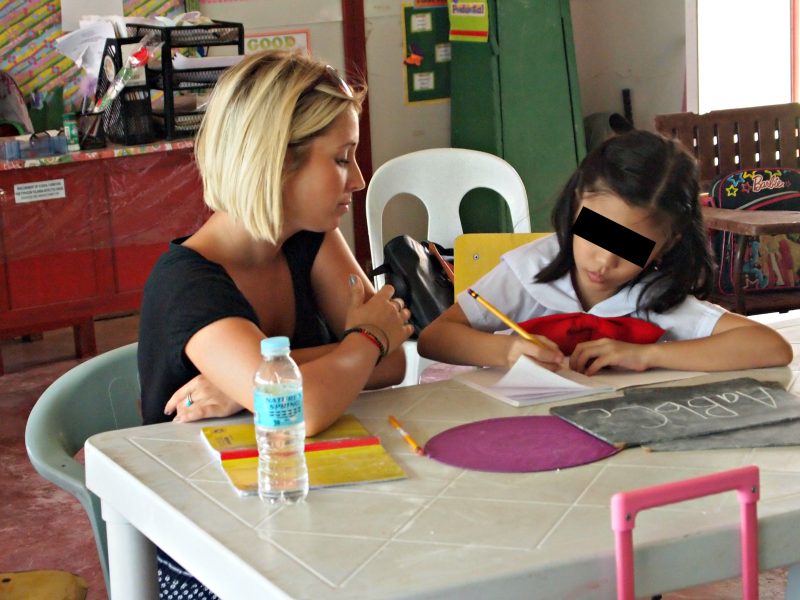
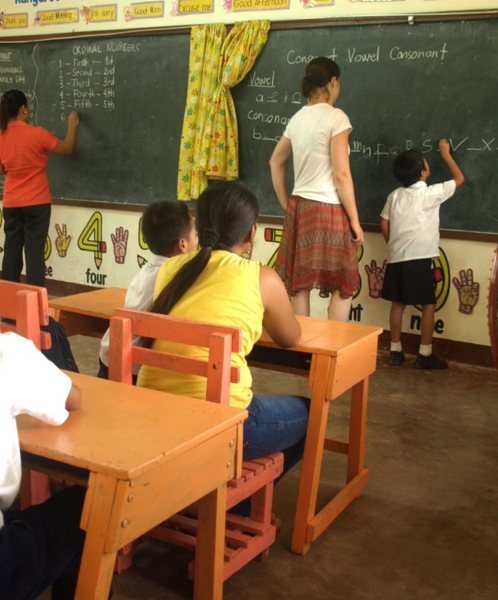
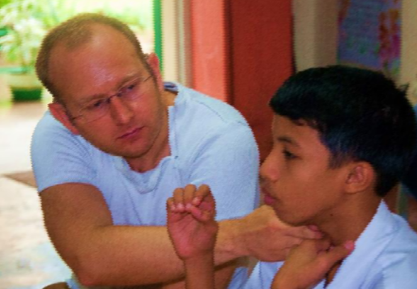
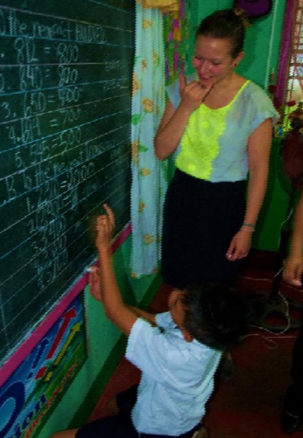
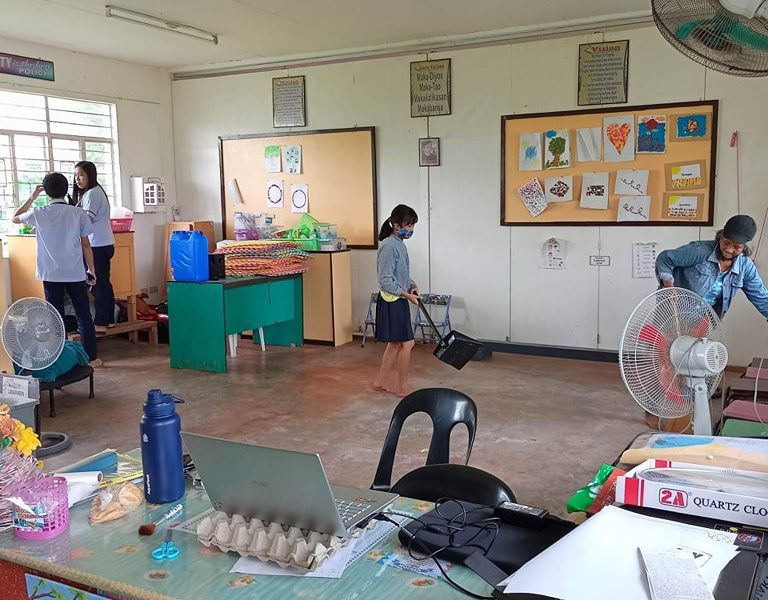
Overview
Help to teach and provide support to the local teacher at a special needs school in Tacloban City. The students, aged 5-12, have either physical, mental, or developmental disabilities. The need for the school can help the children to learn in a more appropriate environment as they often get frustrated in a standard school.
The aim is to work alongside the local teacher and help to ease the load for them, as well as helping to help mentor the children. Usually, a maximum of 10 pupils is recommended for a special needs school, however in reality due to the lack of specialist schools, classroom sizes are often larger than this.
For this reason, classes are divided into morning and afternoon sessions, each session only having a few pupils. There are also some pupils who require a one-on-one mentoring. The school is open from 8am-4pm, with a 1-hour break for lunch at 12pm. Volunteers are required to work from 8am-12pm (4 hours) and can stay on for the afternoon session if desired.
Children are divided into 6 classes:
• Multiple disabilities. This class teaches children with more than one disability.
• Intellectual disability. Included in this class are children with Down Syndrome.
• Autism.
• Hearing Impairment
• Learning disability/visual impairment. Among the children in this class are those who have difficulty in writing, reading, and recognizing numbers.
• Transition (prevocational). It is a class of children who “passed” from the above 5 classes.
Volunteers under the Special Education Project must be skilled and experienced in working with children with special needs. This project can be challenging due to the complexity of the students, although extremely rewarding. We ask that volunteers go with the flow, as needs can change at any time. A great attitude, flexibility and understanding will go a long way.
Location
Tacloban is approximately 360 miles from Manila. It’s the capital of the Province of Leyte and has a population of 275,000 people. The city offers international volunteers an opportunity to be immersed in a unique Asian culture, which is at least partially left untouched by Western Culture, especially in the rural areas. In November 2013, Tacloban was one of the most devastated areas of the Philippines when Super Typhoon Yolanda (Hayian) ravaged through the Philippines; therefore, the city and surrounding areas now present an even greater range of opportunities for international volunteers. Tacloban is easily accessible by air from Manila or Cebu through daily flights offered by Philippines Airlines, Cebu Pacific, and Zest Air.
Project Tasks
- Teaching assistent support
- Teaching students one-on one
- Helping with lessons, English speaking and other subjects
Food & Accommodation
At the core of your experience is the friendly and warm accommodating local home stay, who have been accepting volunteers for over a decade. Life inside a homestay is not only safe and cost effective, but is also a great way to contribute to the local economy and to experience the true nature and culture of the Philippines. All homestays have electricity and running water.
You will have a private room by yourself or shared with a fellow volunteer. Mosquito net, electric fan, bed linens and door lock are also provided. The bathroom will be shared with the family and will be basic with cold, bucket baths (hot running showers are uncommon in Philippines) as it’s so tropical and warm! All home stays are English speaking. The home stays have been thoroughly evaluated before being accepted into the program and have been in operation for several years. You will be able to experience the Filipino culture and participate in the daily life of a local.
Breakfast and dinner are provided but volunteers will need to buy their own lunch which costs approx 50-80 pesos. Access to filtered drinking water will also be provided by your home stay. All meals will be served with rice and typically include fish, chicken or pork. Home stays can cater for special dietary restrictions, however we require advance notice so we can place you accordingly.
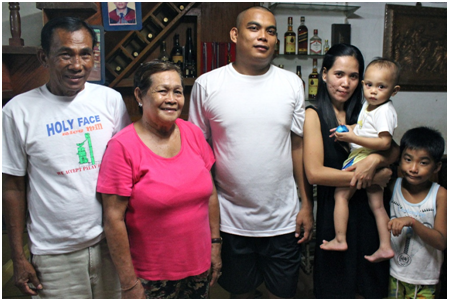
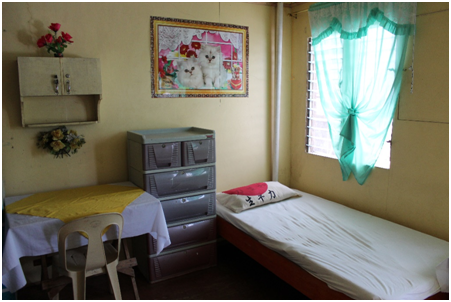
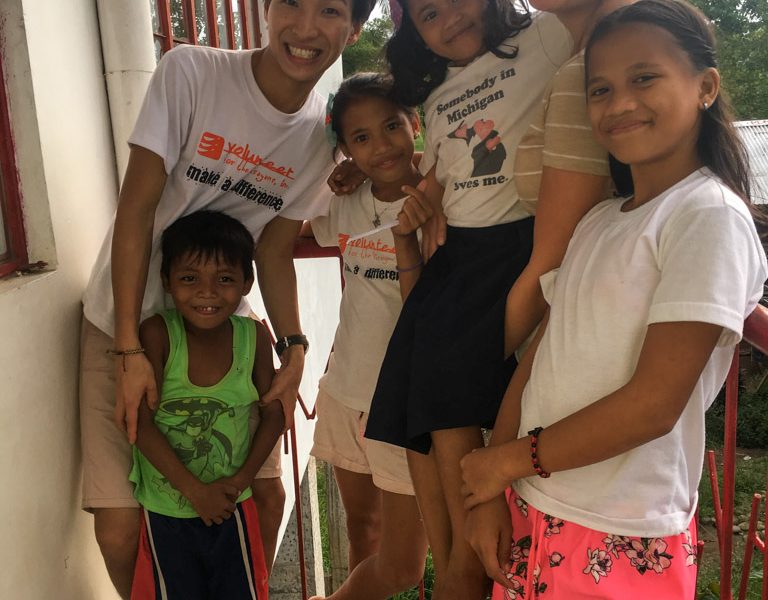
Standard
Projects (Leyte)
- Healthcare
- Medical Clinic Internship
- Street Children Support
- Boys Youth Rehabilitation
- Women's Welfare
- Primary English Teaching
- Special Needs School
-
1 Week - $700
-
2 Weeks - $855
-
3 Weeks - $995
-
4 Weeks - $1150
-
8 Weeks - $1695
-
12 Weeks - N/A
What's Included
-
Accommodation
-
Meals
-
Airport Pickup
-
Local Transportation
-
1 Day Orientation
-
24/7 In-Country Support
-
Project Materials & Equipment
-
Pre-departure Expert Advice
-
Preperation Tools & Checklists
-
Certificate of Completion
- Application fee is one off per person (unlimited placements)
- Click Here to convert the below prices to your local currency
- Discounts may apply if travelling in a pair or group!
- All credit card /international fees included in below pricing! 🙂
Testimonials...
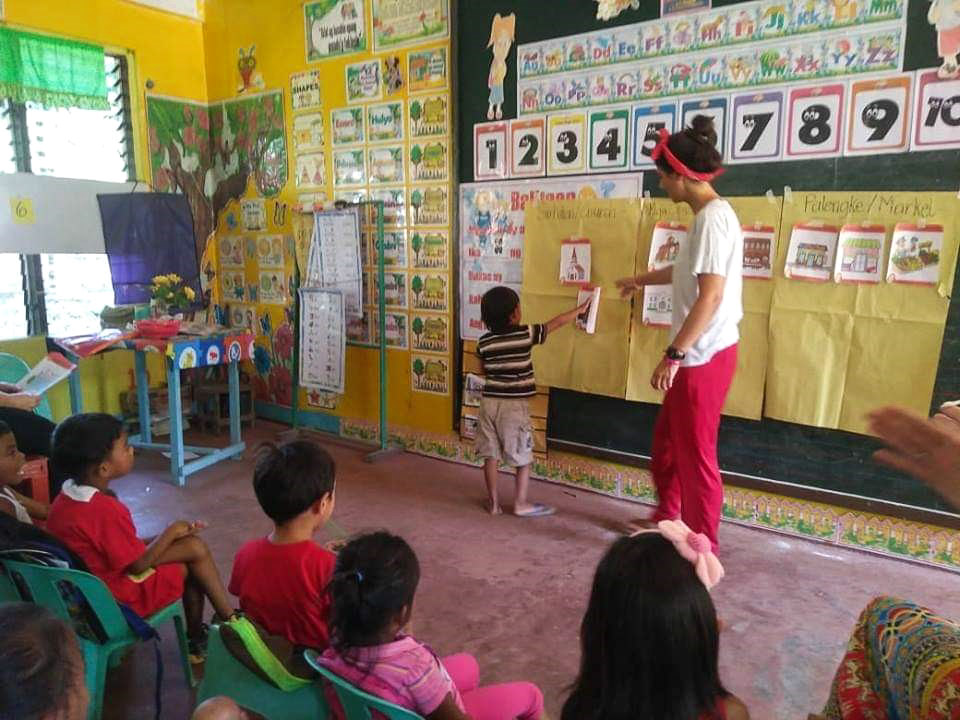
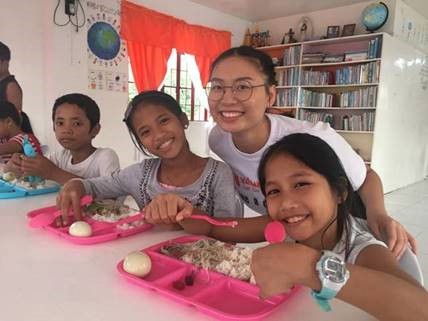
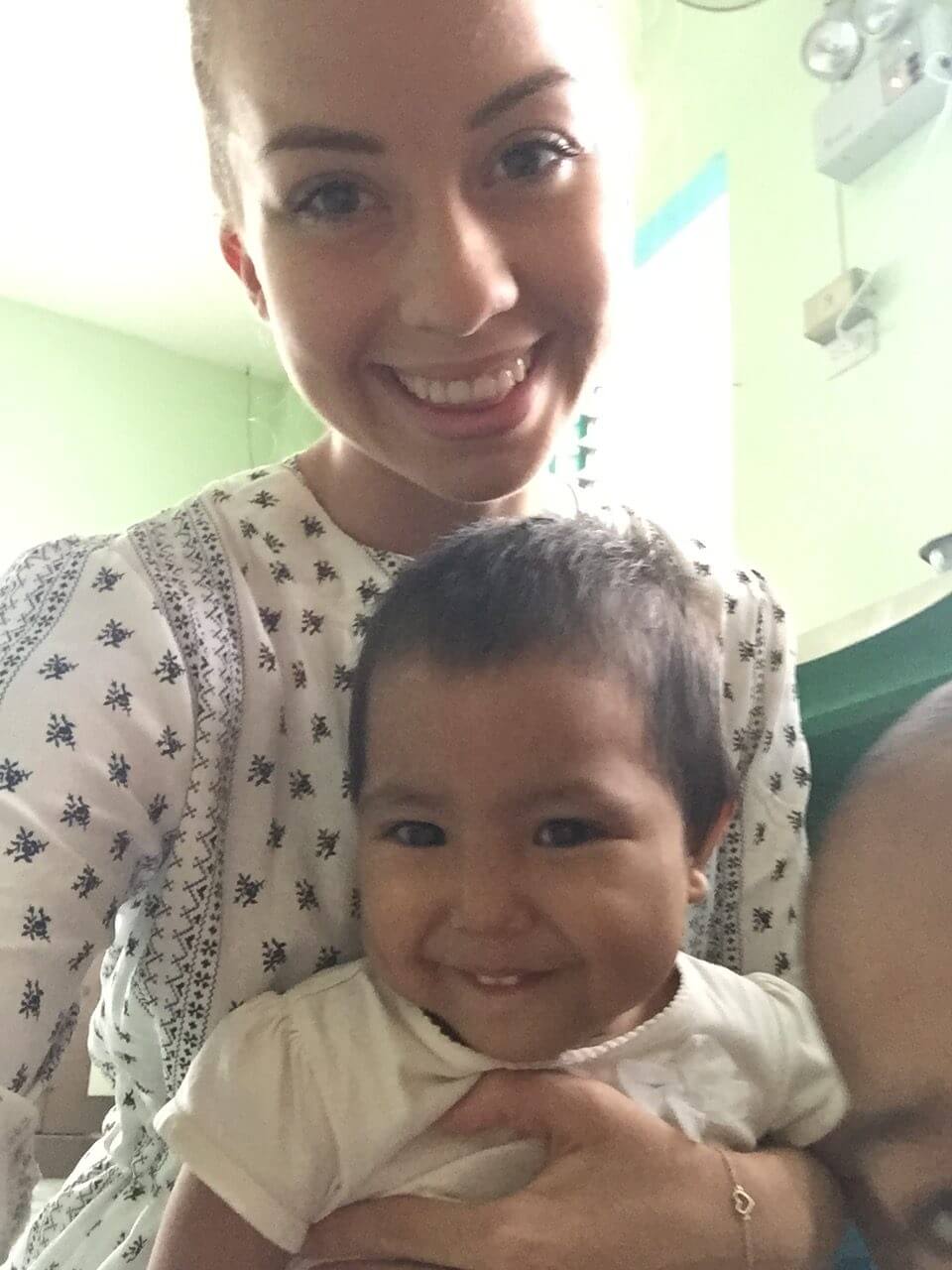
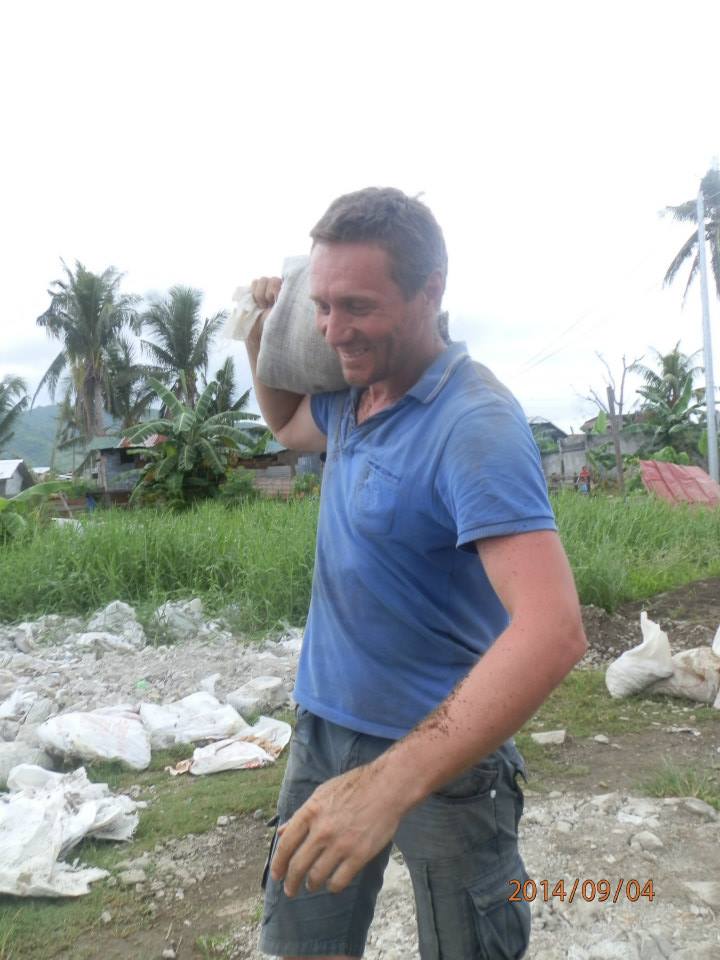
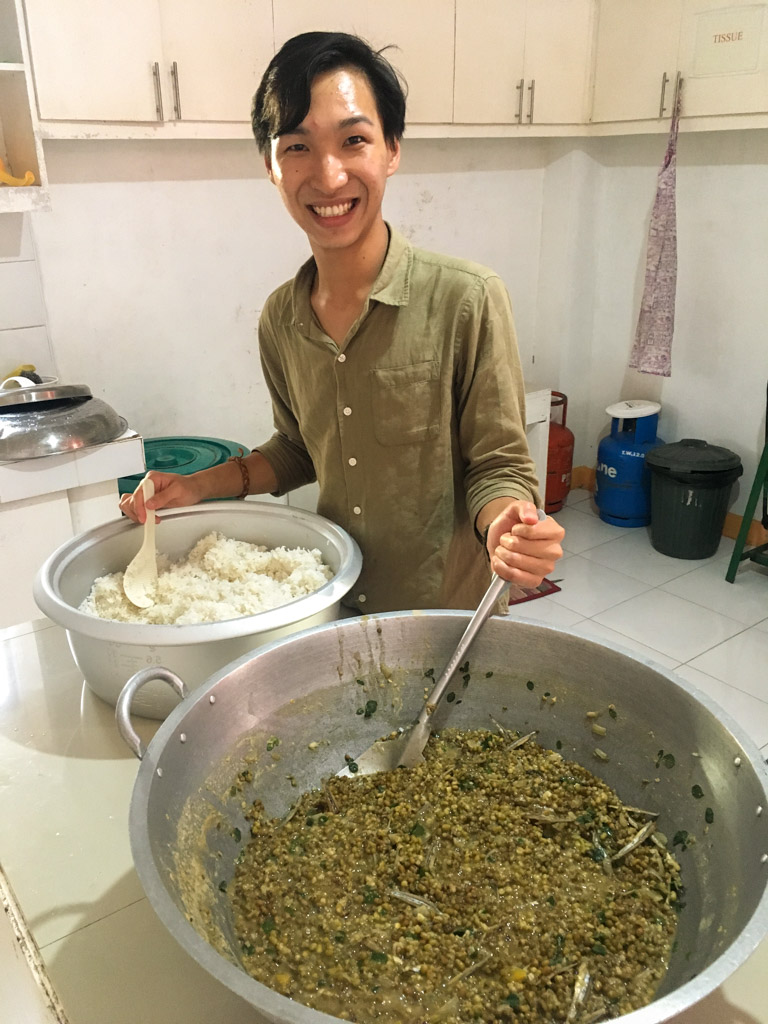
FAQ
If you are enthusiastic about working with children and love to pass on your knowledge and skills, then yes! These schools have limited resources, so using initiative and being creative will serve you well on this project.
- Accommodation
- 2 meals per day (breakfast & dinner)
- Arrival airport transfer (Sat/Sun arrivals)
- Filtered drinking water, coffee & tea
- 1 day orientation
- In country 24/7 support & emergency assistance
- Fundraising support
- University course credits (where applicable)
- Certificate of Completion
- Airfares
- Travel Insurance
- Tours, Souvenirs & spending money
Your first day will consist of comprehensive overview of the program including what to expect, health and safety, introduction to Filipino culture and introduction to staff and fellow volunteers. A guided city tour is also included for Tacloban placements.
Programs begin every Monday, and volunteers are required to arrive the day prior, for orientation before the project. Your accommodation on the Sunday is included in the program fees.
A free airport pickup is included when arriving to Tacloban airport before 6pm on the Sunday before your project.
You will use public transportation to and from your project (a degree of patience is sometimes required for this!). Jeepneys, multicabs, and tricycles normally stop often along the route to pick up or drop off passengers.
The commute to the school should not take more than 40 minutes but there is no specific schedule for a jeepney’s trip. Jeepneys just come along anytime, hence a time should be allotted in waiting for them.
The daily commute requires a multicab from Bliss to Palo J&F, which costs Php 15.00. From J&F take a tricycle going to Palo market, costing Php 15.00. From the market, it is a short distance to the school, which can be easily reached by foot.
On the way back, just walk to the main road, catch a jeepney heading to Robinson’s Marasbaras terminal. This trip costs Php 20.00. Then from the terminal, catch a multicab or e-jeep back to the volunteer centre. This trips costs between Php 12-14.
Volunteers will be briefed on getting to placement and back to Tacloban during the orientation at the beginning of the program.
Working hours are generally 8am to 12pm. You are welcome to stay until 4pm if desired.
Beaches of Boracay
This small island is known for its outstanding natural beauty, and pristine white sand beaches. White beach stretches for 4km and is a popular place to visit. There are plenty of cafes and nightlife, including fire throwers and live music at the bars.
Bohol Chocolate Hills
Take a visit to Bohol island, around an hour from Cebu, and check out the 1200 hills of all shapes and sizes. This stunning natural formation is quite a sight. You can hike or take an ATV ride up the hills.
Diving
The Philippines have many amazing dive spots, and some of the most pristine water in the world! With plenty of fish, coral reef and even whale sharks, this is a divers heaven. You can even learn to dive here.
Twin Lagoon on Coron Island
You may have seen images of this spectacular beauty spot online- and it doesn’t disappoint! As well as some incredible diving, you can also explore some stunning viewpoints, secluded beaches, or go on a boat tour around these turquoise blue waters.
Ziplining
For those who love adventurous activities, why not try ziplining?! Check out the stunning one on El Nido, with beautiful views over the beach. It’s 750 metres and will give you that adrenaline kick for sure.
Kayaking
There are plenty of gorgeous places to kayak in the Philippines, and it’s secret lagoons are some of the best spots. Paddle your way through the stunning rock formations and crystal-clear waters.
Vigan Town
This very pretty town has a Hispanic heritage that is evident as you walk through the artsy cobbled streets. Vigan town is on the island of Luzon and is a great weekend trip, with museums, cafes, workshops and quirky sights. For photographers, you can get some pretty shots at dawn, when the town is empty.
Underground River, Palawan
Puerto Princesa is a beautiful river that goes underground, through impressive limestone caves. Book a boat tour to take you through the caves.
Manila
The capital city, Manila is a hustling and bustling place, with plenty of culture. Be sure to check out the museums, art galleries, old buildings, cafes and bars.
Some experience in special needs care. Knowledge in Sign Language is important in teaching deaf children.
Dress code
We ask that you follow the Filipino conservative culture and dress professionally and modestly while on placement. Tops must be a shirt or blouse, or t-shirt with sleeves. No singlet or tank tops, or plunging necklines. Long trousers or knee-length skirts please. Footwear must be shoes or sandals.
The Philippines consists of more than 7000 islands and is a land apart from the mainland of Southeast Asia. The people are, simply, Filipinos – and proud of it. Welcoming, warm and relentlessly upbeat, it is they who captivate and ultimately ensnare visitors.
Islands are jungle-clad, mountainous and flanked by aquamarine waters and a world renowned coral reef. But you’ll find plenty of variations on this theme, from marooned slicks of sand in the middle of the ocean to sprawling, overpopulated mega-islands like Luzon and Mindanao.
About half of the Philippines’ 88 million people live in rural areas. Poverty is most severe and most widespread in these areas and almost 80 per cent of the country’s poor people live there. Agriculture is the primary and often only source of income for poor rural people.
Overall, more than a third of the people in the Philippines live in poverty. There are substantial differences in the level of poverty between the regions and provinces and the poverty gap between urban and rural areas is widening.
November to April is the most popular time to visit the Philippines, as this is when there is the least rainfall.
June to October is wet season and November to May is usally dry. Shoulder months can be a great time to travel as you can still get some good weather but there are less crowds. The island weather can vary, so it’s worth checking the weather for which islands you will be visiting at which time of year.
The Philppines has a big Latin and Spanish influence, due to the previous Spanish rule. Evidence of this can be seen throughout the Philippines. The Filipino people are very welcoming, like to have close family bonds, and getting together with friends and family to eat, sing and dance. They are also very religious and most go to church at least every Sunday.
Filipino people have a great respect for thier elders, saying the phrases ‘po’ and ‘opo’, when speaking with thier elders. They love a good party and festival, particually Christmas which they can celebrate right into the second week of January!
30 Years Non Profit Experience
IVI is an Australian charity & non profit organisation founded in 1989 and is one of the pioneers of overseas volunteering successfully placing over 20,000 volunteers globally.
Affordable Volunteer Travel
Safe & Responsible Projects
Work Experience & University Credits
Check out this amazing blog with step by step info on how to raise funds for your overseas volunteer experience to help maximize your impact abroad. Guide to Fundraising
Weekends & Extra Tours
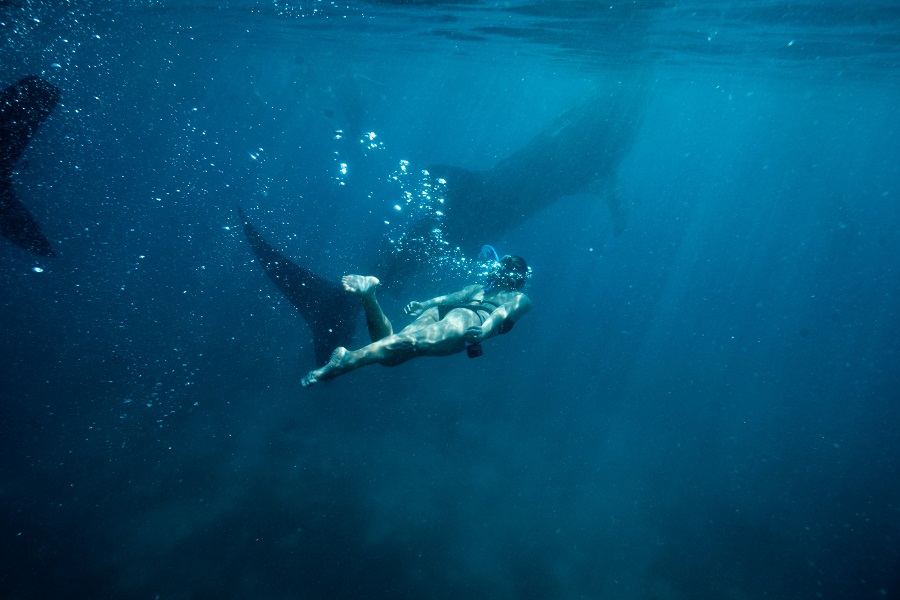
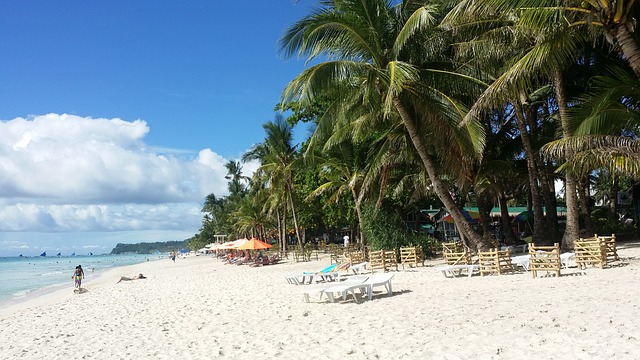
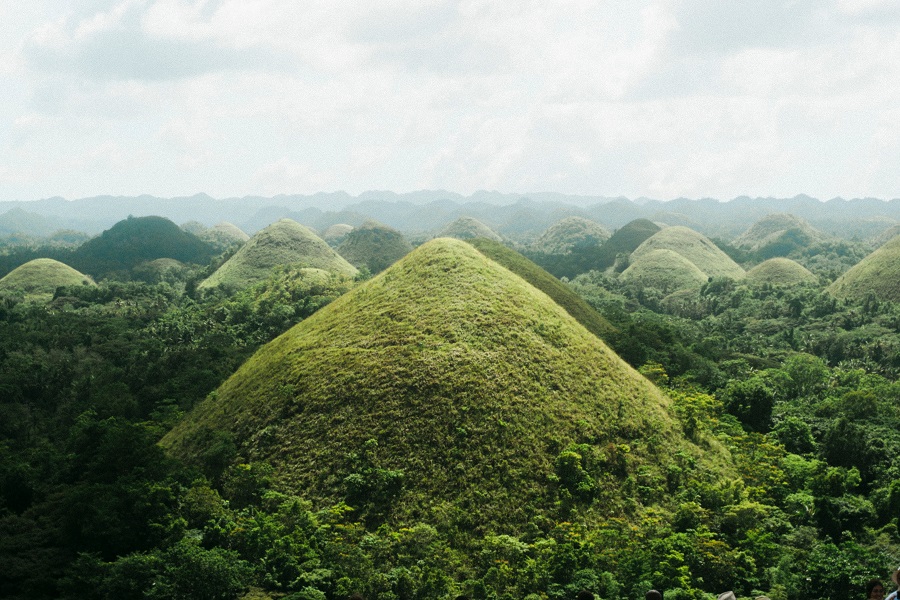
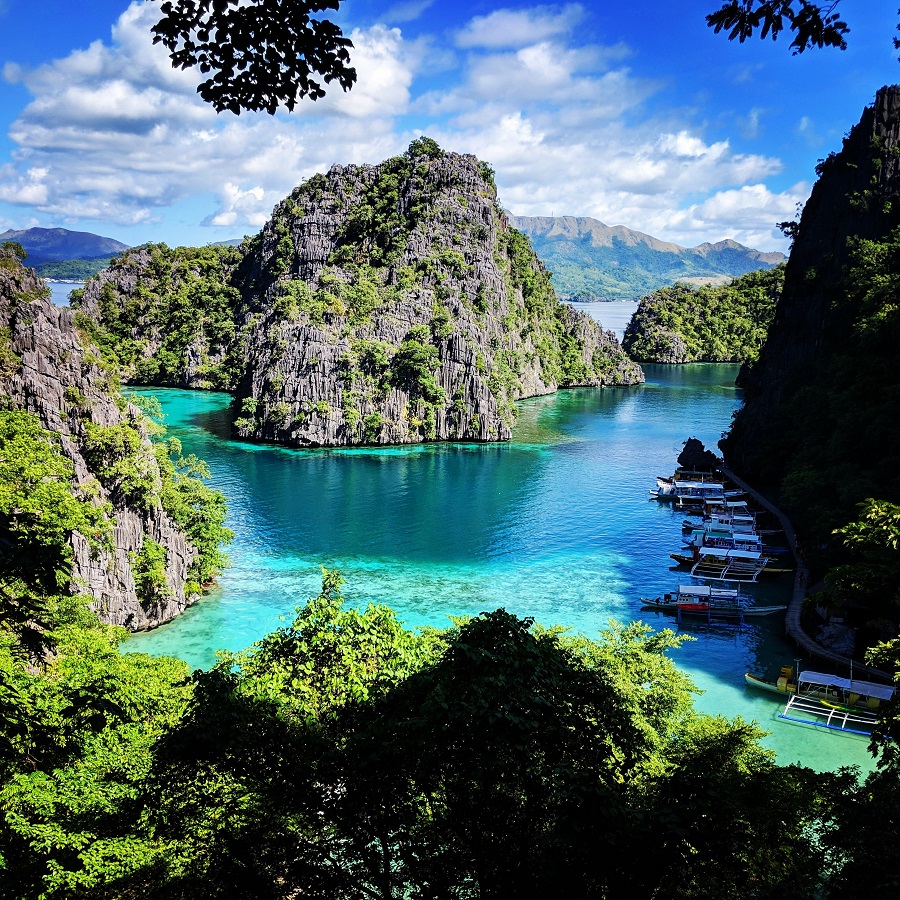
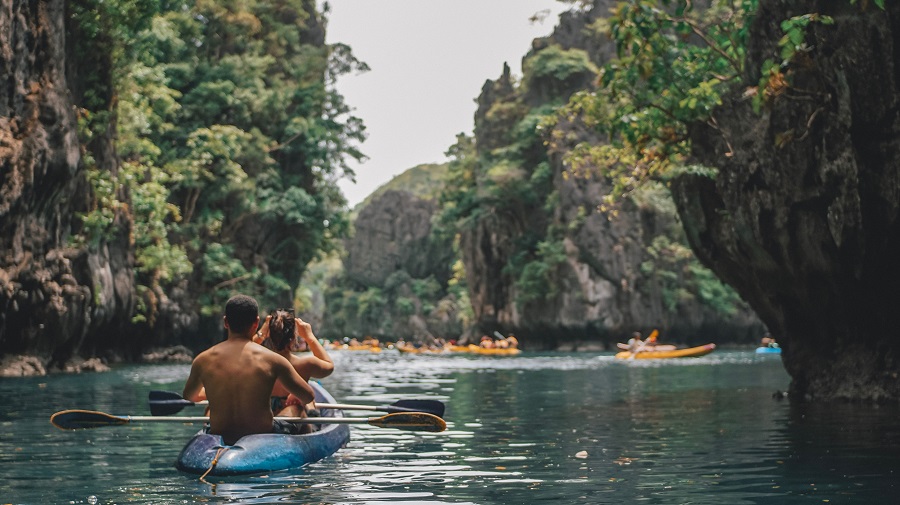
 Involvement Volunteers International
Involvement Volunteers International